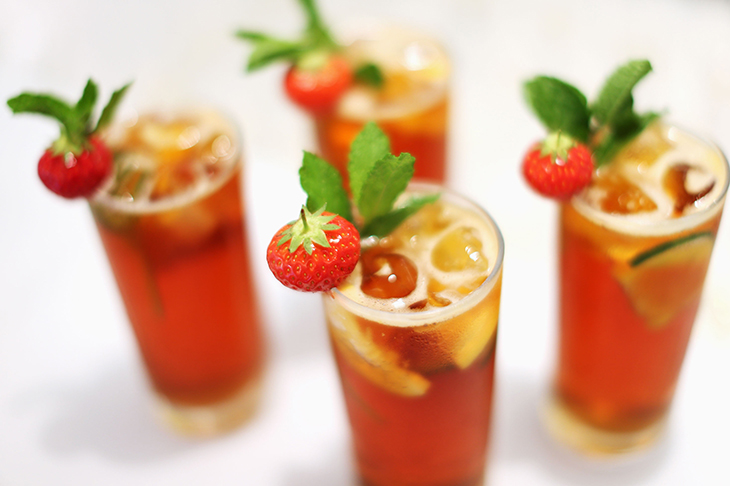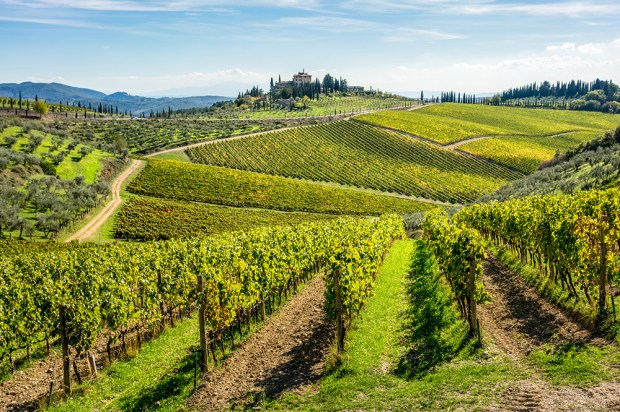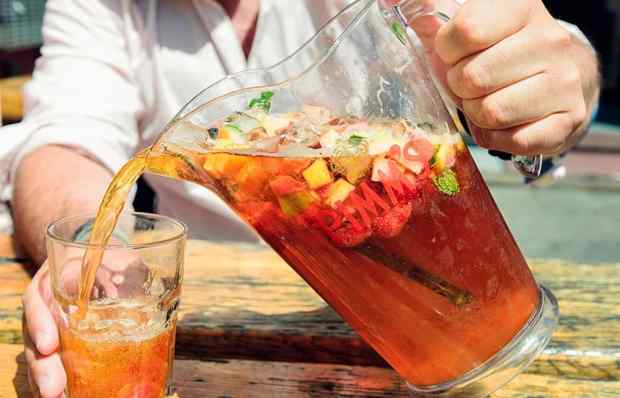England. On a glorious summer afternoon in the Sussex countryside, I had been invited to watch polo at Cowdray Park, the game’s equivalent of Lord’s. A beautiful lawn, overlooked by the ruins of a great Elizabethan house burnt down in the 1790s; a sky with gentle, Constable clouds; classically English trees — this is Glyndebourne with ponies instead of music.
Already a subscriber? Log in
Subscribe for just $2 a week
Try a month of The Spectator Australia absolutely free and without commitment. Not only that but – if you choose to continue – you’ll pay just $2 a week for your first year.
- Unlimited access to spectator.com.au and app
- The weekly edition on the Spectator Australia app
- Spectator podcasts and newsletters
- Full access to spectator.co.uk
Or
Unlock this article
You might disagree with half of it, but you’ll enjoy reading all of it. Try your first month for free, then just $2 a week for the remainder of your first year.















Comments
Don't miss out
Join the conversation with other Spectator Australia readers. Subscribe to leave a comment.
SUBSCRIBEAlready a subscriber? Log in